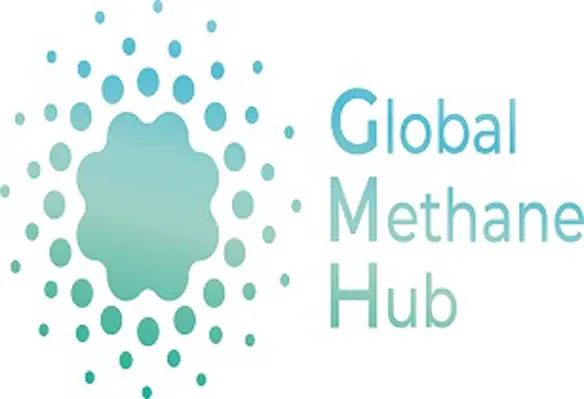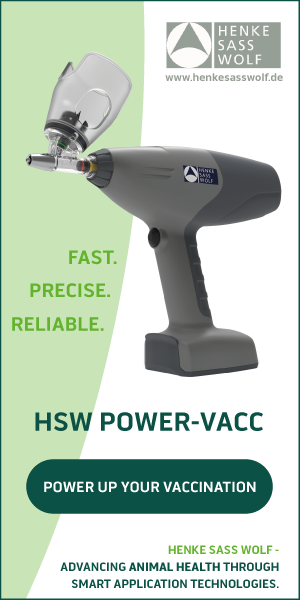The Global Methane Hub (GMH) at the COP28 forum, announced a million dollar funding initiative between public, private and philanthropic partners including the Bezos Earth Fund, Quadrature Climate Fund and Bill & Melinda Gates Foundation, among others to help alleviate methane emissions from livestock
Along with the rapid population growth, agricultural methane is projected to increase 40% by 2050, which makes it crucial to reduce methane emissions by 50% in order to meet the accords of the Paris Agreement to keep the global temperature rise to a maximum of 1.5°C. It is estimated that 40% of the world’s methane comes from agriculture, with 70% of it being due to enteric fermentation. This is a process which takes place in cows' digestive systems when sugars are broken down into methane and released through belching.
While not enough extensive research has been carried out to provide efficient and transformative solutions, the GMH's Enteric Methane R&D Accelerator, according to the director of Future of Food at the Bezos Earth Fund, Andy Jarvis possesses the ability to change all of this by unlocking the resources needed to discover and develop low-cost solutions that will dramatically reduce methane emissions from livestock by 2030.
GMH’s agriculture programme director, Hayden Montgomery considers the Accelerator as being a prime example of the role philanthropy can play in driving substantive climate action and strategically aligning the key players working to solve the most pressing issue. "With this effort to synchronise and consolidate public-good research on enteric methane, we aim to make multiple solutions to reduce enteric methane available quickly and provide proof of the efficacy of livestock mitigation technologies," said Montgomery.
Olivier Verdelet, vice-president of Agriculture Cycle at Danone also believes that believes that curbing methane emissions is the fastest and most impactful way to slow down global warming. "To do so, collaboration will be instrumental as we seek for new solutions, speed and sizable impacts. We are eager to collaborate with the Global Methane Hub and other partners to accelerate and test scalable innovations in the field. We believe this will help us build a sustainable, future-fit dairy category that is at the core of our mission to bring health through food to as many people as possible," Verdelet remarked.
For more information, visit: https://www.globalmethanehub.org





